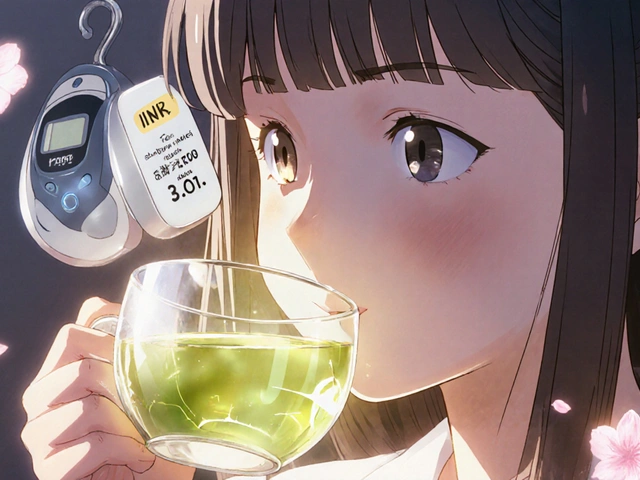Tansy Supplement Benefits: What It Can Do and What to Watch For
Tansy (Tanacetum vulgare) is a bitter herb used for centuries for digestion, bug control, and skin problems. People today take tansy as a tea, tincture, or capsule to calm mild digestive upset, reduce inflammation, or help repel insects. That said, it’s not a magic cure — it has benefits and clear risks. Here's a practical look at what tansy supplements can and can't do.
Tansy contains essential oils (including thujone), flavonoids, and bitter compounds. Those ingredients can have two useful effects: they stimulate digestion and show antimicrobial and anti-inflammatory activity in lab tests. For someone with occasional bloating or mild indigestion, a short course of a weak tansy tea can help the stomach settle by increasing digestive secretions.
Another common use is for topical skin care. Diluted tansy extracts applied to the skin may help calm minor itching and repel lice or fleas. Gardeners also like dried tansy as a natural insect deterrent. These are traditional uses backed by lab data showing tansy's essential oil can discourage some insects and inhibit certain bacteria on contact.
What the evidence says
Modern clinical research on tansy in humans is limited. Most data comes from lab studies and folk medicine records. Lab work supports antimicrobial and anti-inflammatory actions, but good-sized human trials are missing. If you try tansy for digestion or skin, use it short-term and watch for side effects. Don’t assume it’s safe just because it’s "natural."
Safety, dosing, and who should avoid it
Tansy contains thujone, a compound that can be toxic in higher doses. That makes dosing important. There’s no standard supplement dose — products vary widely — so follow the label and avoid high-concentration essential oils. Never use tansy during pregnancy or breastfeeding: it can cause uterine contractions and other harms. Avoid if you have epilepsy or a seizure disorder because thujone can trigger seizures. Also talk to your doctor if you’re on blood thinners or liver medications; herb-drug interactions are possible.
How to pick a safe tansy product. Buy from a reputable brand that lists thujone content or avoids essential oil concentrates. Prefer standardized extracts or mild teas rather than pure essential oils. Read third-party test results if available. Avoid homemade concentrated tinctures unless you know exact measures. If the label is vague, skip it.
Watch for signs of thujone toxicity: confusion, tremors, severe nausea, vomiting, or fainting. High doses can cause seizures and liver strain. If someone has taken a large amount, call your poison control or seek emergency care. Keep tansy products away from children and pets.
Start low if you try a tansy product: one cup of weak tea or the manufacturer’s low-dose capsule for a short period. Stop right away if you feel dizzy, nauseous, have abdominal pain, or notice a rash. If you’re using a topical tansy product, patch-test it first on a small skin area.
Bottom line: tansy can help for short-term, mild issues like occasional indigestion, insect repellent needs, or minor skin irritation. But safety concerns — mainly thujone toxicity — mean it’s not for everyone. Check product quality, follow dosing instructions, and consult your healthcare provider before starting tansy, especially if you’re pregnant, nursing, on medicines, or have a seizure history.
Tansy Safe Dosage: Benefits, Risks, and Toxicity Explained for Everyday Use
Curious about whether tansy is safe? This article gives a clear breakdown of how to use tansy, recommended dosages, the science-backed benefits, and what side effects you need to know about. Get practical tips on measuring out tansy properly and spotting signs of toxicity. Learn how people sometimes use tansy and where the hype meets reality, so you can decide if it's something worth trying. Dive in for details, facts, and a sprinkle of real-world experience on this old-school herb.
About
Natural Remedies and Supplements
Latest Posts


Actigall (Ursodiol) vs Alternatives: What Works Best for Gallstones and Liver Issues
By Marcel Kornblum Dec 1, 2025

How to Buy Online Cheap Generic Metformin Safely
By Marcel Kornblum Sep 25, 2025

Green Tea and Warfarin: What You Need to Know About INR and Blood Clotting
By Marcel Kornblum Nov 22, 2025

